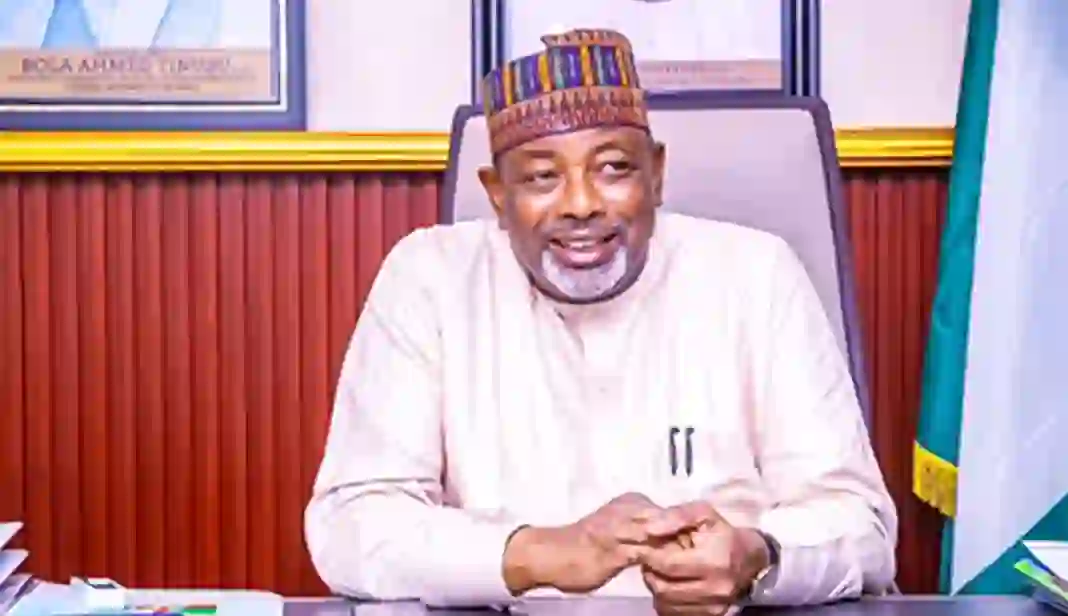Participants from five Northern States are attending a two-day training programme, organized by the Federal Ministry of Agriculture and Food Security (FMAFS) aimed at equipping 20 extension workers with advanced rice production techniques to enhance yield and address the impact of climate change.
According to the News Agency of Nigeria, (NAN), the programme, held in Kano on Wednesday, the “train-the-trainers” was organized in collaboration with the System of Rice Intensification (SRI-2030). Participants were drawn from Kano, Jigawa, Kebbi, Bauchi, and Adamawa states.
The Minister of Agriculture and Food Security, Abubakar Kyari, underscored the initiative’s objective to boost farmers’ productivity and minimize greenhouse gas emissions.
Represented by Mrs. Iyabo Lawal-Mustapha, Desk Officer in the Environment and Climate Change Management Department, Kyari emphasized rice production’s role in mitigating climate change.
“The issue of climate change is a global concern. Many states in Nigeria are involved in rice production. It is believed that climate action can be achieved through rice production, thereby achieving sustainable outcomes.
“We are now using the Agricultural Transformation Programme phase one (ATAPS) under the ministry to extend innovative practices and technologies to smallholder farmers.”
Abdulrahman Danbaba, master trainer for SRI-2030, highlighted the importance of reducing production costs through improved rice cultivation methods.
Representing James Dahlgreen, Program Director at SRI-2030, Danbaba stated, “We have trained over 45,000 farmers. By tomorrow, participants will embark on a field trip to Kura Local Government Area to practice the step-by-step implementation of SRI.
“Rice cultivation practices provide people around the world with nutrition while improving farmers’ livelihoods, conserving resources, and aiding in climate mitigation and adaptation.”
Dahlgreen further explained SRI’s goal to expand Nigeria’s rice cultivation from the current 6.7 million hectares to 50 million hectares by 2030, potentially reducing emissions by 8.5 billion tonnes of CO2e by 2050.
“SRI will help feed the world with less water, less climate impact, and without taking more land from nature,” he noted.
Kano state Governor, Abba Kabir-Yusuf reaffirmed his administration’s dedication to agricultural development.
Represented by Dr. Faruk Kurawa, Managing Director of the Kano State Agricultural and Rural Development Authority (KNARDA), he said, “We have improved irrigation facilities with over 22 dams and opened up more lands to boost agricultural production. We are always open to partnerships and committed to capacity building for our extension workers.”
Discover more from The Source
Subscribe to get the latest posts sent to your email.








